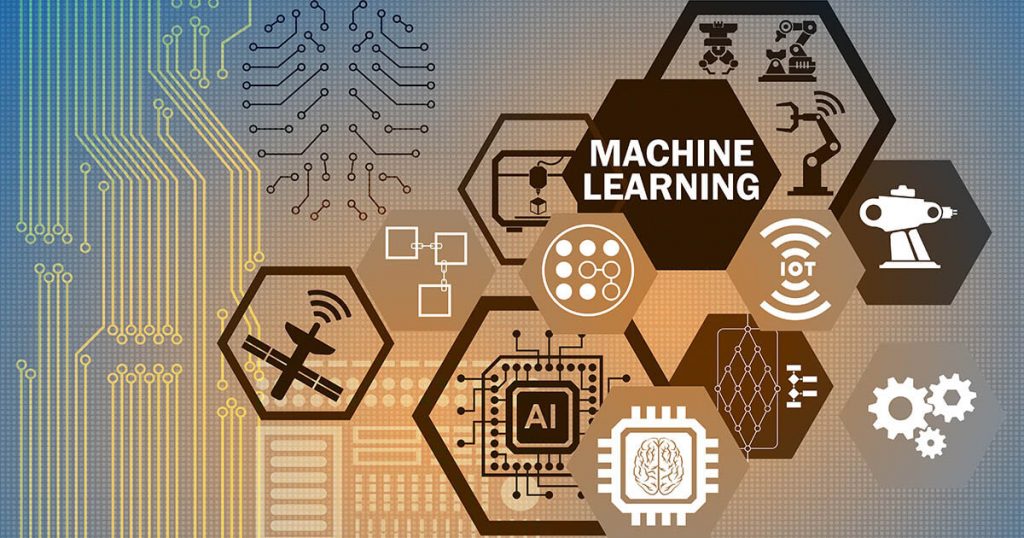Education & Career Trends: March 14, 2023
Curated by the Knowledge Team of ICS Career GPS

- Excerpts are taken from an article published on geeksforgeeks.org
Alan Turing stated in 1947 that “What we want is a machine that can learn from experience.” And that was the beginning of Machine Learning. Artificial intelligence is used in machine learning, which enables machines to learn a task through the experience without being particularly programmed for it. To put it briefly: Robots learn autonomously without human guidance.
Machine Learning reduces a lot of human efforts and increases machine performance by enabling machines to learn for themselves. Consequently, there are many career paths in Machine Learning that are popular such as Machine Learning Engineer, Data Scientist, NLP Scientist, etc.
Let’s look at the numerous career routes available in Machine Learning.
1. Machine Learning Engineer
Engineer in machine learning A machine learning engineer is an engineer who uses programming languages like Python, Java, Scala, etc. alongside the appropriate machine learning libraries to execute various machine learning experiments. Programming, probability, statistics, data modelling, machine learning algorithms, system design etc are some of the key essential skills for this. A machine learning engineer also does data analysis to develop a variety of machine learning algorithms that operate automatically with little supervision from a person.
2. Data Scientist
A data scientist is responsible for collecting, analysing, and interpreting large amounts of data. They use machine learning algorithms to find patterns and insights in the data, and use this information to make decisions and solve problems.
3. Research Scientist
A research scientist focuses on researching and developing new machine-learning algorithms and technologies. They often work in academia or research institutions, and may also work in the industry to develop new products and services.
4. Machine Learning Developer
A machine learning developer is responsible for building and implementing machine learning models and algorithms into various applications. They are often responsible for ensuring that the models are accurate, efficient and can handle large amounts of data.
5. Data Engineer
A data engineer is responsible for designing and maintaining the infrastructure and tools needed to store, process, and analyse large amounts of data. They work closely with data scientists and machine learning engineers to ensure that the data is properly cleaned, formatted, and stored for use in machine learning models.
6. Business Intelligence Analyst
A business intelligence analyst uses machine learning to analyse business data and make predictions about future trends. They work with management to make data-driven decisions and provide insights to improve business performance.
7. Artificial Intelligence Engineer
Artificial intelligence engineers are responsible for building and implementing AI systems, which can include machine learning models, natural language processing systems, and computer vision systems. They may work in industries such as healthcare, finance, transportation, and retail.
8. Computer Vision Engineer
Computer Vision engineers work specifically in the field of computer vision, which involves using machine learning to enable computers to understand and interpret visual data from the world around them. They work on image and video analysis, object detection, and other related tasks.
…
Have you checked out yesterday’s blog yet?
Creating An Effective Self-Development Plan
(Disclaimer: The opinions expressed in the article mentioned above are those of the author(s). They do not purport to reflect the opinions or views of ICS Career GPS or its staff.)
Like this post? For more such helpful articles, click on the button below and subscribe FREE to our blog.



